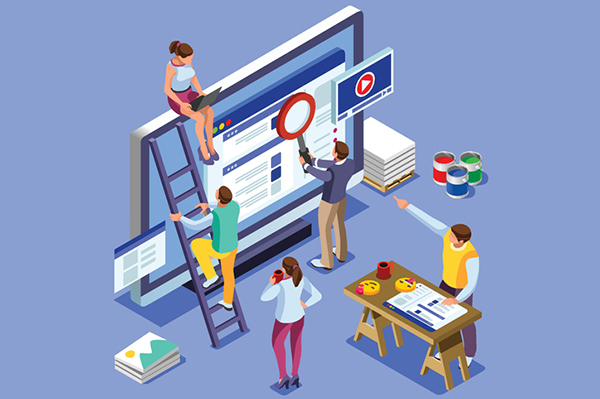Editor's note: Mark Dohnalek is President & CEO of Pivot International, the Kansas-based global product development, engineering & manufacturing firm.
There are do's & don'ts to follow in every aspect of business. But when it comes to the journey from idea to product, it is essential to be prepared on your pathway toward success. Time, money, resources, knowledge, planning and protections all must be identified and implemented. When you're creating something new to fill a need in the marketplace – the approach should be deliberate and serious. Even the simplest of concepts can require very complicated processes with a close attention toward every detail. Here are a few common product development hurdles to look out for so you can avoid them.
Needs aren't always universal. Know the potential and limits of your idea because it may not have universal need or appeal. Different countries have different needs, and they can be affected by their level of economic development, cultural differences, even lifestyle choices. The more broadly-based your product is, from the design to the brand name, the more likely it is to succeed. Conversely, be prepared for a smaller market share if your product is specialized or specific. There's nothing wrong with a geographically smaller market, as long as you're prepared for that.
Translation doesn't only apply to language. Within a country, technology is often standardized to a certain level, but they aren't the same everywhere. For example, standard voltage will differ from country to country as will units of measure. When you are designing products to be sold globally, it's critical to find out the standards in the countries you plan to sell your item. It may be necessary to incorporate more flexibility into universal design principles or build it to function well with adapters around the globe.
Plan protections to avoid legal issues. Learn the laws everywhere you plan to market, distribute and sell this product. Work with an experienced team because copyright laws and patents are not the only things to worry about. Some countries prohibit the importation of certain products in order to protect their own domestic industries. Some might require government approval in order for you to operate within their borders, or if you're going to be working with local partners. There are also different environmental regulations for each country that need to be followed. From paper to process, make sure you are aware and able to navigate compliance and government regulations for a smooth and successful operation.
Know the meaning of your name. Looking at your product or seeing a fast demonstration could make what problem your product solves quite obvious. But will the name? Know what your product name really means with both formal and informal usage in all of the countries you plan to sell it. Take the time to understand the nuances and references of the foreign language. This is critical as well as making sure that all messaging and communication associated with your product should be aligned with the country's language and culture.
Distribution may require many roads. In some cases, if a U.S. big box store chain is carrying your product, that will be the only distribution channel you will need. But many countries have primarily smaller regional chains or independent stores. And some of them, like India, for example, have large, remote areas that are serviced by one-person retail operations. You'll have to be familiar with all of this and figure out how to get your product out after you develop it. When it comes to distribution, never assume. Do your homework, meet face-to-face with potential partners and vendors, and know the rules.
SC
MR


Latest Supply Chain News
- Technology’s role in mending supply chain fragility after recent disruptions
- Tech investments bring revenue increases, survey finds
- Survey reveals strategies for addressing supply chain, logistics labor shortages
- Israel, Ukraine aid package to increase pressure on aerospace and defense supply chains
- How CPG brands can deliver on supplier diversity promises
- More News
Latest Podcast

 Explore
Explore
Business Management News
- Technology’s role in mending supply chain fragility after recent disruptions
- Survey reveals strategies for addressing supply chain, logistics labor shortages
- How CPG brands can deliver on supplier diversity promises
- How S&OP provides the answer to in-demand products
- AI, virtual reality is bringing experiential learning into the modern age
- Tips for CIOs to overcome technology talent acquisition troubles
- More Business Management
Latest Business Management Resources

Subscribe

Supply Chain Management Review delivers the best industry content.

Editors’ Picks





